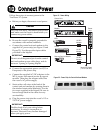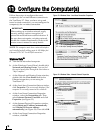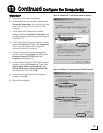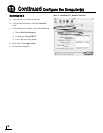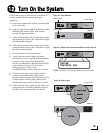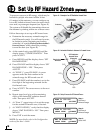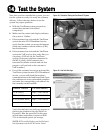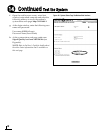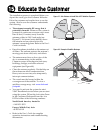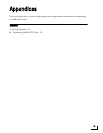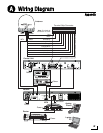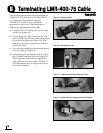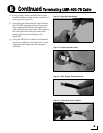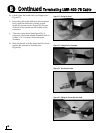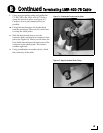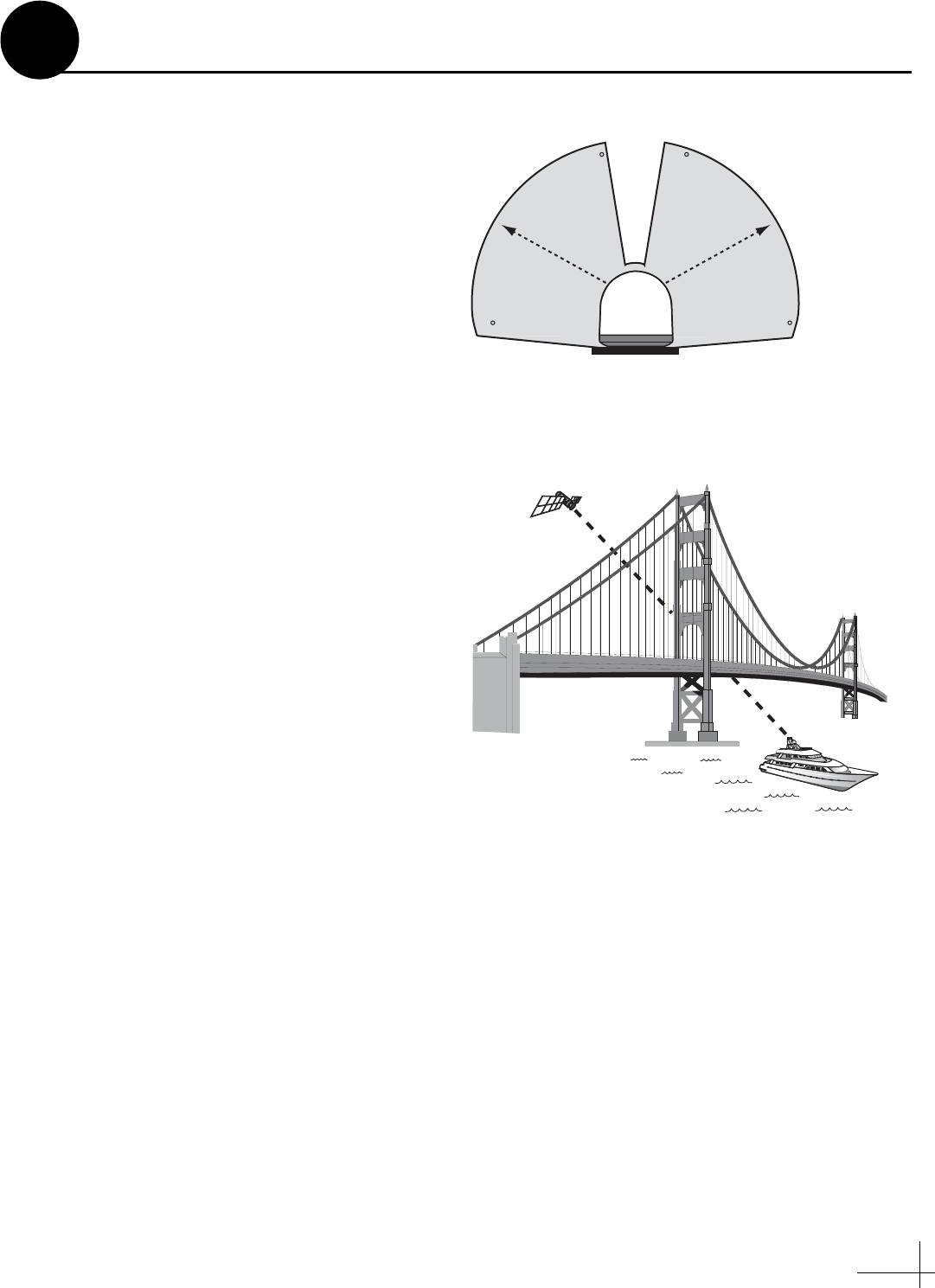
23
The installation process is complete! Before you
depart the vessel, give the Customer Welcome
Kit to the customer and explain how to use the
system. Also be sure the customer understands
the following:
• The antenna transmits RF energy that is
potentially harmful. Whenever the system is
powered on, make sure everyone stays more
than 36 feet (11 meters) away from the
antenna within its 5-80° look angle (see
Figure 47). No hazard exists directly above
the antenna and anywhere below the
antenna’s mounting plane. Refer to the User’s
Guide for details.
• Keep the radome installed on the antenna at
all times. The radome protects the antenna’s
moving parts from wind, rain, and debris.
• The antenna must have a clear view of the
sky to communicate via the satellite.
Common causes of blockage include trees,
buildings, bridges, and other onboard
equipment (see Figure 48).
• Clean the antenna regularly. Dirt buildup on
the radome can affect communications.
Heavy rain or snow may also temporarily
interrupt communications.
• The vessel must be located within the
coverage area of the satellite. To view a
satellite coverage map, visit www.kvh.com/
footprint.
• You need to activate the system for mini-
VSAT Broadband service before you can start
using the system. Fill out the Activation Form
in the Customer Welcome Kit and fax it to
KVH at either of the following numbers:
North/South America, Australia:
+1 401 851-3823
Europe, Middle East, Asia:
+45 45 160 181
• Refer to the User’s Guide for complete
operation instructions and troubleshooting
information.
Radiation
Hazard
Radiation
Hazard
3
6
f
t
(1
1
m)
3
6
f
t (
1
1
m)
80
5
80
5
Antenna
Figure 47: Safe Distance to Avoid Risk of RF Radiation Exposure
TracVision
Figure 48: Example of Satellite Blockage
Educate the Customer
15



